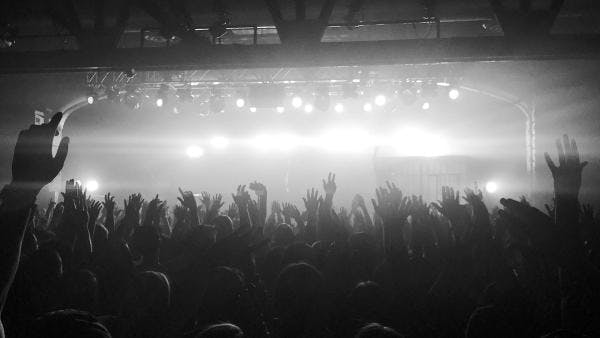La loi anti-rave italienne viole les droits humains – Interview avec Susanna Ronconi
Le fait que le gouvernement italien ait utilisé le même décret-loi pour réprimer l'aide aux migrants en détresse montre que cette loi n'a rien à voir avec la sécurité et vise avant tout à servir une posture politique. Pour en savoir plus, en anglais, veuillez lire les informations ci-dessous.
A new law, that came into effect in December, criminalised “illegal rave parties” in Italy. We interviewed Susanna Ronconi from Forum Droghe, an organisation that opposes the law on human rights and public health grounds.
Drugreporter: The Italian parliament passed a law against rave parties, introducing a new criminal offence of organising an illegal rave party. Why has the government decided that it has to criminalise this and why now?
Susanna Ronconi: When the government approved the d.l. (decree law) n. 162/22 of 31.10.22 (now, after the vote at the end of December, law n.199/2022, Art. 633 -bis), the decision was not based on any kind of social or health or safety alarm.
WitchTek 2022, the Halloween free party self-organised (without formal authorisation by the local public authorities) on the 29th October for the third successive year by some Italian crews near the city of Modena, was going on in a safe and quiet way. The location was an industrial shed abandoned for years, in the open countryside, with no impact on local residents or the environment. Harm reduction teams from different regions were on the spot to make the setting safer, through information, chill out zones, drug checking, and aid where needed, in collaboration with the Public Health emergency units.
No violence nor any negative incident occurred. So much so that local authorities and local police only controlled the situation discreetly, without any direct intervention, as often happens in Italy in similar cases.
On the contrary, the government (Interior Minister Matteo Piantedosi, a member of Meloni’s party) on the 30th October decided that the event had to be immediately blocked, participants dispersed, and the building cleared out, sending hundreds of policemen in riot gear to the scene. Fortunately, his order was not implemented: the city Mayor and the local police decided to take their time and negotiated for a peaceful evacuation.
Simultaneously Piantedosi announced the immediate proposal introducing a new article of the Penal Code to “fill a regulatory gap” in order to be more effective in repressing free parties. Within 24 hours, on the 31st October, the new article was ready to be discussed at the Ministers Council, as an absolute political priority.
The reason for this decision was to give a strong signal, a sort of ‘political identity’ to prove that the right is able to use their iron fist against illegal behaviours: the second act, just on the same decree-law, was to block NGO ships which save migrants in the Mediterranean Sea, preventing the disembarkation in a safe Italian harbour. Of course the illegal behaviours included in the decree-law don’t deal with corruption, tax evasion, or human rights violations….
